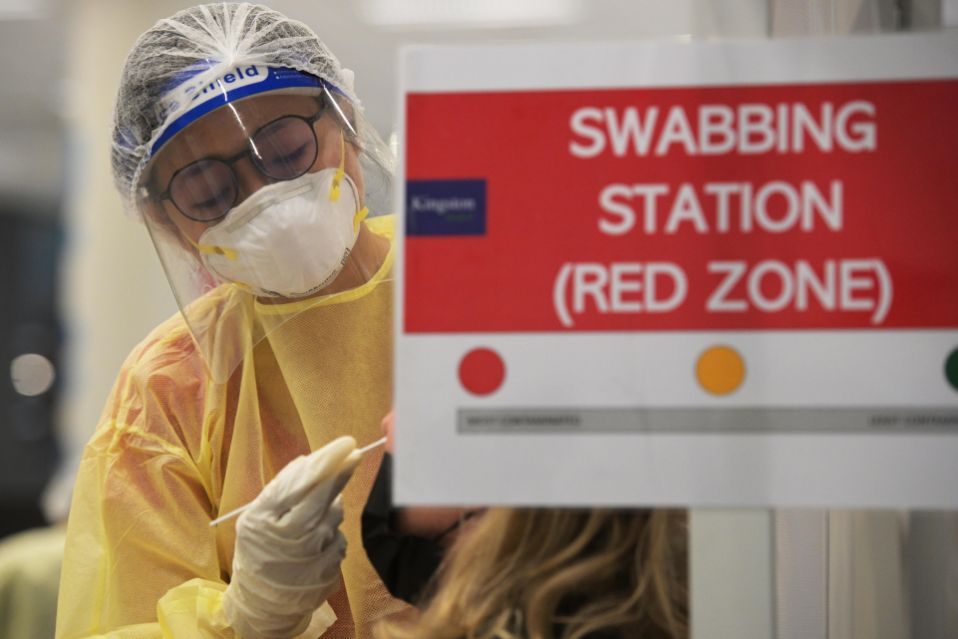A Global Initiative on Sharing All Influenza Data (GISAID) found that at least 50 cases of a new "double mutant" Indian COVID-19 variant and 137 of the South African strain have been detected in Singapore.
GISAID, a database of novel coronavirus genome sequences stated that the first case of the Indian variant – or B.1.617 – in Singapore was detected on February 26, while the first case of the South African variant – or B.1.351 – was detected on February 7, according to the database.
Forty-seven cases of the Indian variant were submitted to the database over the "last four weeks", though the exact time period was not specified. One hundred and six cases of the South African variant were also recorded in the GISAID during the same period.
According to the database, Singapore's latest occurrence of the Indian variant was logged on April 14 by a team of medical researchers at the National Public Health Laboratory (NPHL).
Global concerns have also been sparked by the emergence of the "double mutant" Indian strain with the E484Q and L452R mutations, which appears to be the main driving force behind a surge in new cases in the country. It has been detected in at least 17 countries.
Singapore's latest occurrence of the South African variant – or B.1.351 – was logged on the same day by the same team.
There were a total of 144 submitted cases of the UK variant – or B.1.1.7 – in Singapore, with 60 detected over an unspecified time period of four weeks, according to the GISAID.
The Ministry of Health (MOH) last confirmed in end-January that 25 cases of the UK variant were detected in Singapore between 23 December last year and 26 January. No other variants were detected in Singapore then, according to the local authorities.
Three cases of the Brazilian variant – or P.1 – were logged in the database in the past four weeks. The latest cases of the UK and Brazilian variants were submitted on 14 and 8 April, respectively.
The MOH announced a slew of revised border measures to take effect from 11.59pm today, including stricter ones for travellers arriving from India as well as lifting bans for those with recent travel history to the UK and South Africa.



